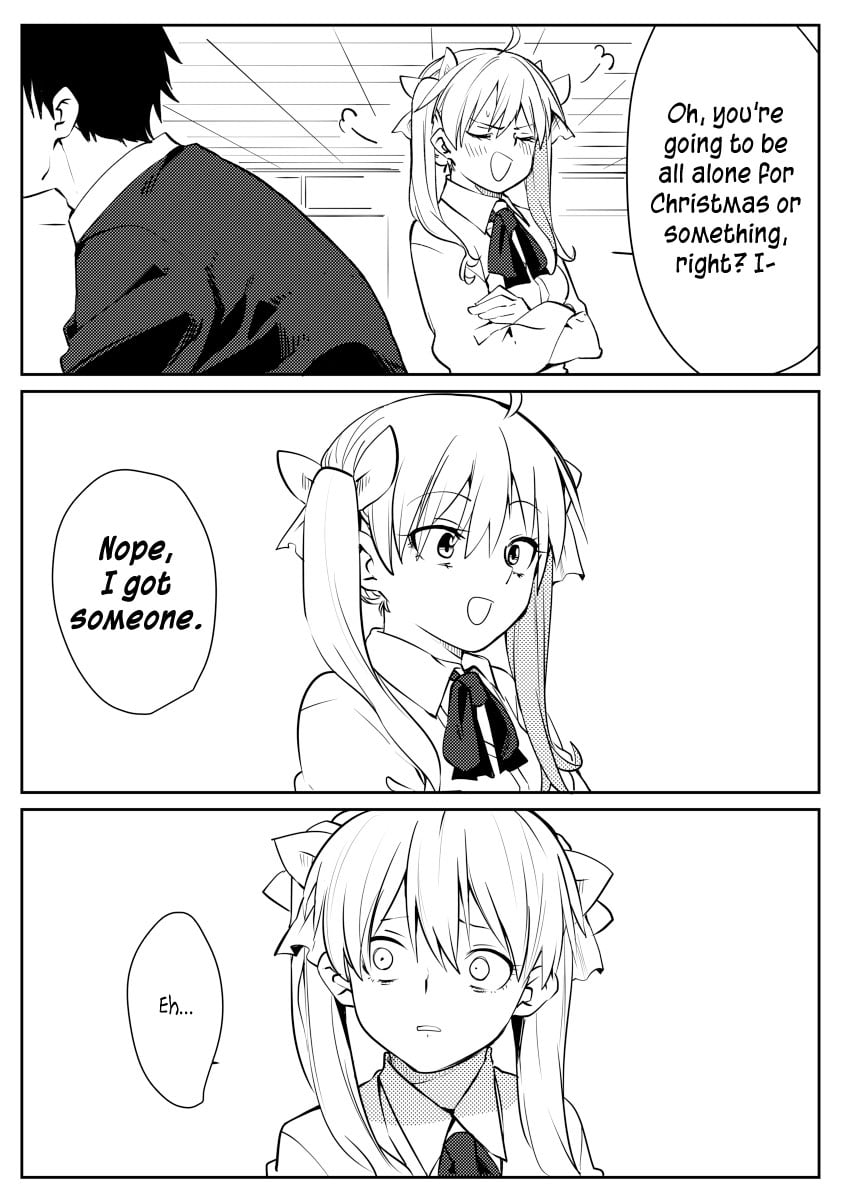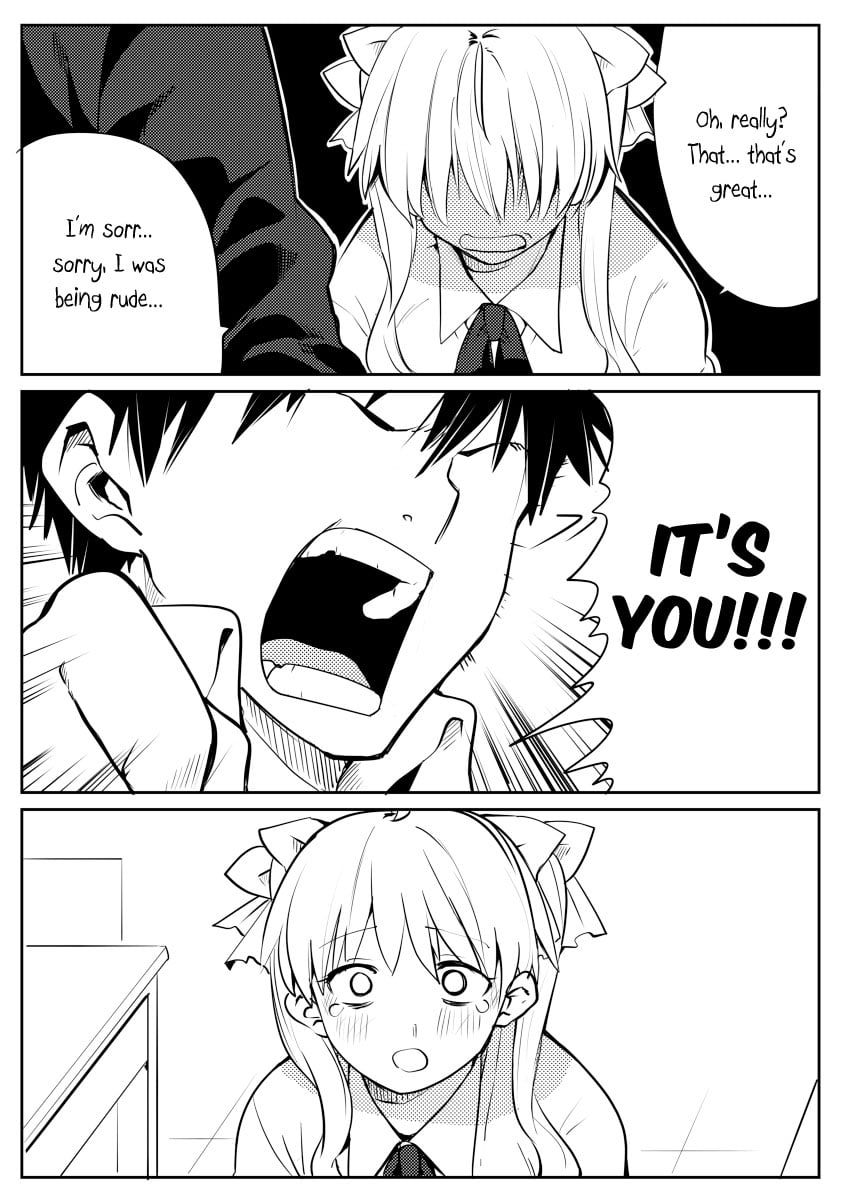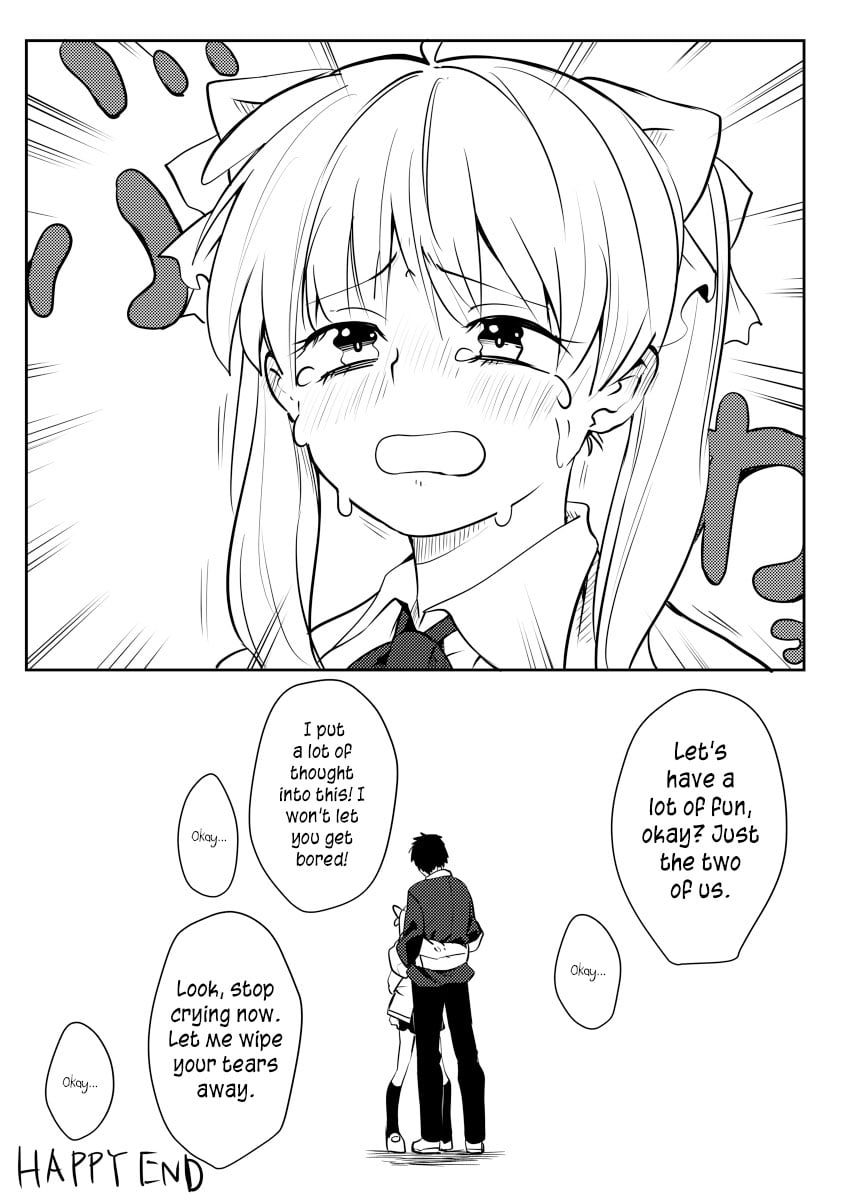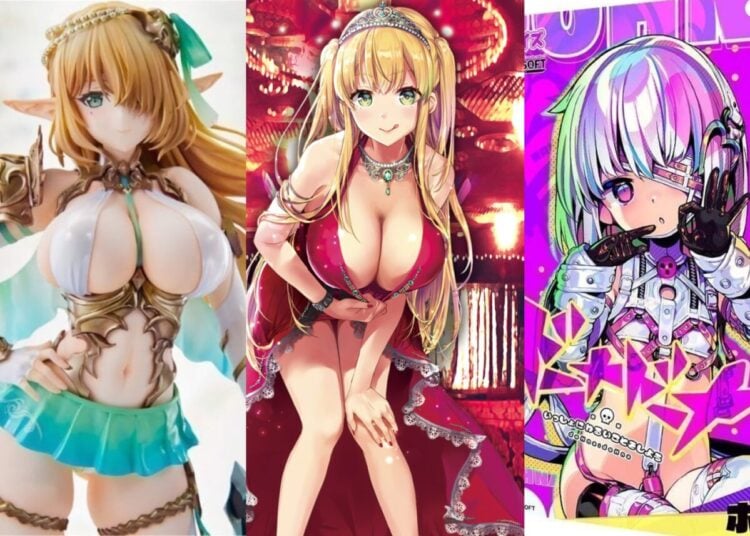Hello from J-List. We hope you’re getting ready to have a warm and pleasant Christmas if you celebrate it, wherever you are in the world! Today’s post is about the spirit of Christmas in Japan, and the various forms of gift giving that are everywhere this time of year!
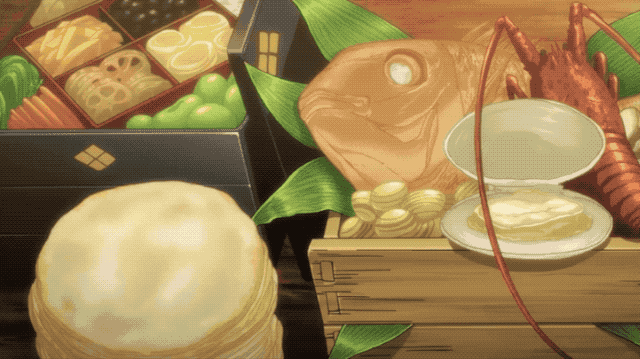
Right now my house is really overflowing with exotic foods like delicious ham and bacon from Nagano and Camembert cheese from Hokkaido, plus some really nice whisky from Hiroshima. We have so much, we literally can’t fit it all in our kitchen. There are some reasons for this that are unique to Japanese culture, which we’ll explore in today’s post!
Winter is Time for Gift Giving in Japan
There are two gift giving seasons in Japan, ochugen in July and oseibo in December, when families will exchange formal gifts with each other, or with people who have been of service to them, for example the tutors who teach their children. These might be useful things like cooking oil or laundry detergent, or delicious things to eat or drink, always in pre-packaged boxes which manufacturers prepare for them.
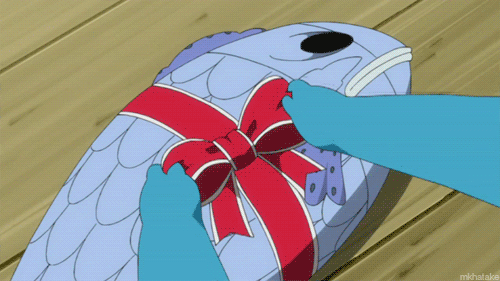
Companies also give gifts to the various firms they do business with, to thank them for their past support and build on the relationship in the future. J-List exchanges various gifts with the toy distributors and doujinshi and visual novel publishers we have relationships with, giving them things like boxes of canned coffee or vegetable juice that can be shared among their staff, and receiving similar return gifts from them.
Did you give a gift to your boss this year? All J-List employees gave gifts to us, but it wasn’t to butter us up to get a better bonus or anything. It was just this formal gift giving custom, and we returned the favor with a return gift (called okaeshi) of equal value. This year our main buyer gave us our favorite masu-no-sushi, a kind of “sushi pizza” in a round wooden frame, and we gave his family a boxed set of our favorite high-quality butter from a company in northern Japan.

This “gift-based economy” Japan has created yields many benefits. The relationships between people and companies are strengthened, and there’s no real cost to anyone, since any gift given will be countered with a similar okaeshi return gift from the other party. Everyone gets to enjoy delicious foods they might not get to eat otherwise, and the economy gets a boost, because so many pre-boxed gifts are sold. Even the government wins, because taxes are paid on gifts that are purchased.
(It used to be common to give gifts to doctors to ensure your loved ones got good care, but the medical profession in Japan enacted rules banning all gifts from patients or family members of patients, to maintain the professionalism of their industry.)
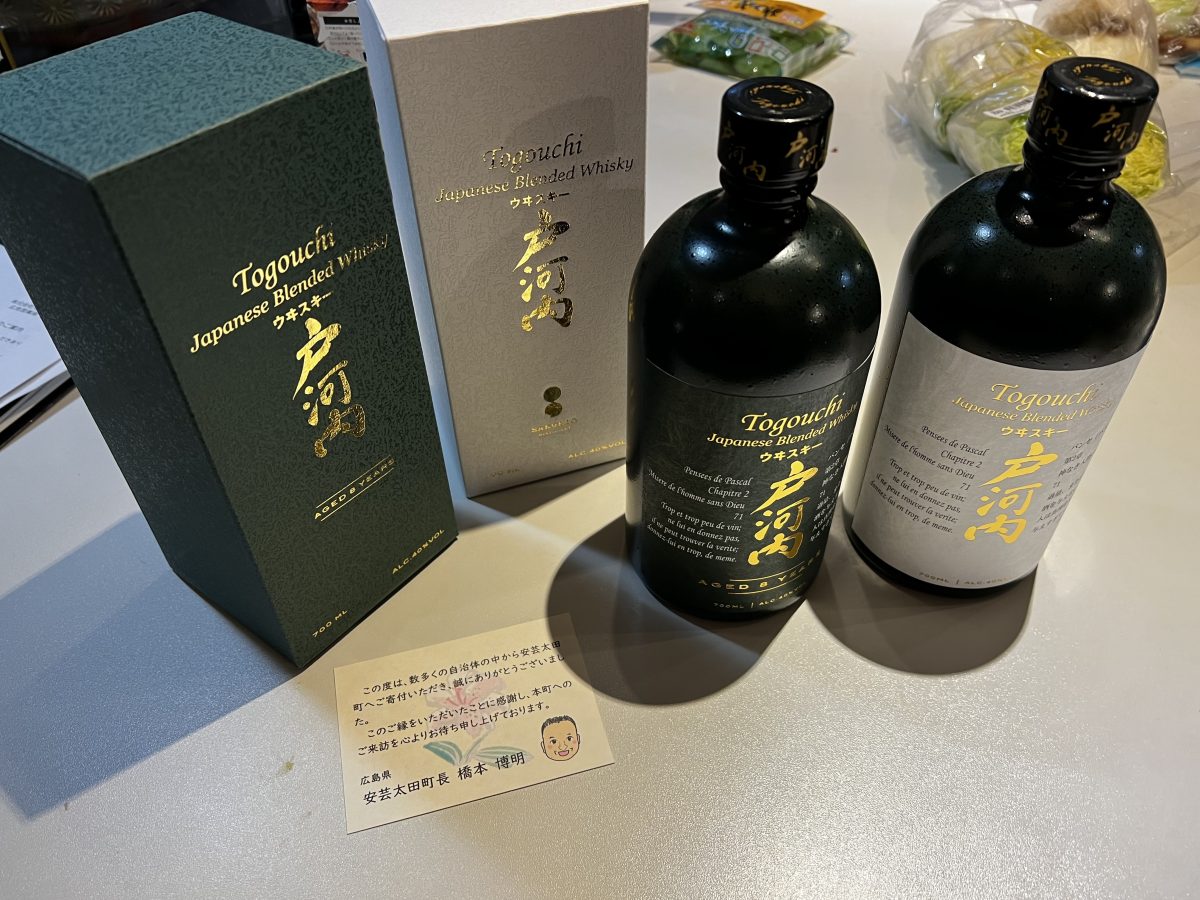
I’m Receiving Gifts from All Around Japan Right Now
Another reason my cup runneth this month is something called furosato nouzei or “hometown tax,” which is a strange but wonderful system that basically lets me pay a portion of my Japanese taxes to small towns around Japan, for which I receive a “return gift” from them. When I make my donation, I can choose what I’d like my donation to be used for, for example helping the elderly, contributing to childcare or education, or for economic support related to the COVID crisis. I get a tax break for these donations, and sometimes a phone call from the mayor, who is surprised to see an American donating money to their town.
The furusato nouzei system has become popular as a way to bring tax revenue to less populous regions of Japan and highlight some of the excellent products available from those areas at the same time. Naturally, the system is subject to abuse, when municipalities get overly aggressive and basically give away more than they would receive in tax benefit. When this happens, the national government halts those exchanges.

In Japan, Christmas is for Children
The first thing I learned when I came to Japan was that foreigners will be asked to dress up as “Santa-san,” because Japanese people love nothing more than to have an authentic Westerner playing this important role every December. I’ve played Santa-san a dozen or so times during my stay in Japan, and it’s always fun.
Once I caused some shock when I was asked, “What kind of food does Santa like to eat?” and I replied, “Reindeer hamburg steak.”
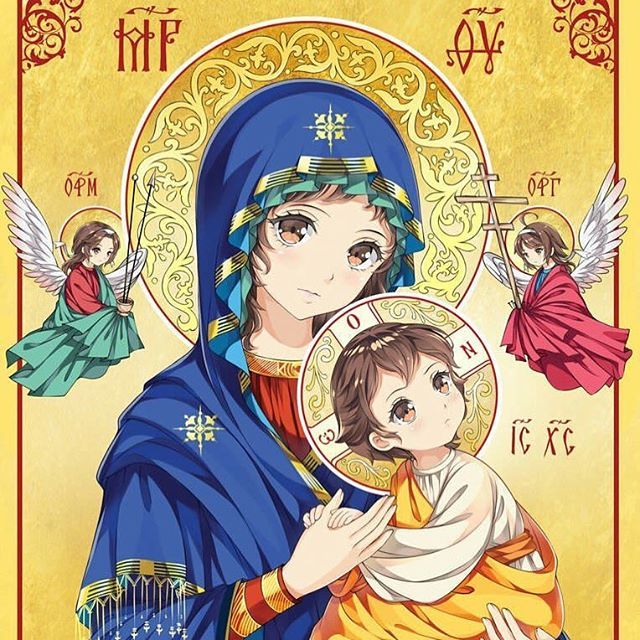
In Japan, Christmas is for Christians
Before I came to Japan, I knew that the country was not a very religious one, with most people stating that they had no personal religion. Imagine my surprise when I found myself invited to join the local Baptist church in Maebashi, where I met many warm and friendly people. I learned that the most popular time for Japanese Christians to attend mass is in the evening on Christmas Eve…because December 25th is not a holiday in Japan, and they all have to go to work the next day.
In Japan, Christmas is for…Lovers?
Christmas Eve is the most popular time for people to go on special romantic dates, and if you happen to be looking for a love hotel on December 24th, you’ll find them quite full of couples sowing their oats together. It’s best to pick another night for love hotel visits.
Thanks for Reading This Post about Gift Giving Culture in Japan!
Thanks for reading this post about the culture of December gift giving in Japan. Got any questions or ideas for posts you’d like us to write about? Post it below, hit us up on Twitter!
As the Comiket 99 doujinshi event approaches, J-List is adding more and more amazing hentai doujinshi for you every day of the week. Browse our newest books here, or check out the most popular ones here!


